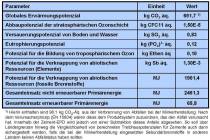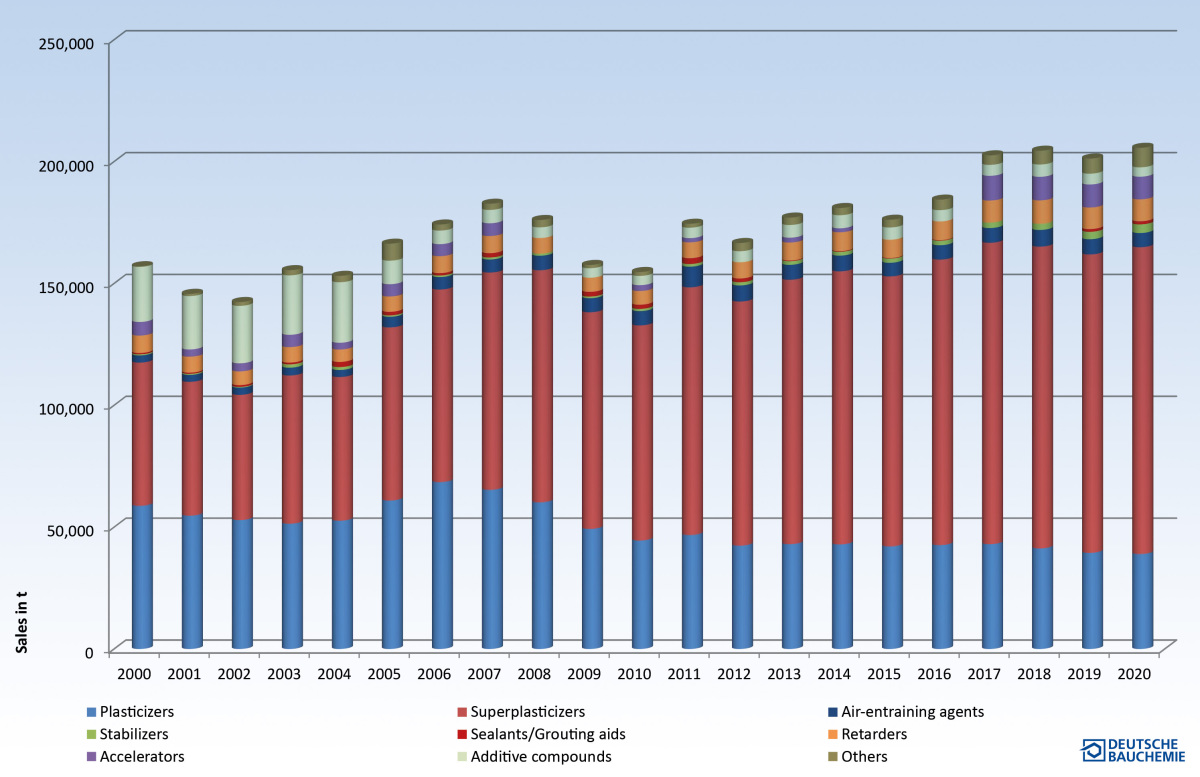Cement industry continues to invest in environmental protection
26.10.2018German cement manufacturers invest a lot of money in environmental protection. As shown by the recently published "Environmental Data of the German Cement Industry 2017", constant investment in environmental technology has made it possible to achieve further progress in increasing energy efficiency and reducing the emissions of the plants. "The reduction of nitrogen oxides (NOx) is of particular significance for cement manufacturers, which is why they employ extensive, state-of-the-art reduction processes to reliably satisfy limit values and ensure the protection of both the environment and local residents", says Christian Knell, President of VDZ.
The ongoing optimization of cement production has brought about major improvements in terms of environmental protection. For example, it proved possible to reduce average nitrogen dioxide emissions (NO2) to below 300 mg/Nm³ in 2017. The value has thus been more than halved since 2000.
Further progress is also being made with regard to cutting CO2 emissions. “By consistently promoting the development of clinker-efficient cements, German cement manufacturers are noticeably reducing the carbon footprint as compared to traditional Portland cements", explains VDZ President Knell. The use of alternative fuels, some with high biomass content (e.g. used tyres, sewage sludge), also makes a contribution towards lowering CO2 emissions. In 2017 for instance, only 35% of the fuel energy employed in the industry as a whole came from fossil energy sources, which means around 2.3 M t less coal. In other words, today almost two thirds of the thermal energy demand is covered by alternative fuels. These are however not just energy sources, they also serve as direct raw materials for cement clinker in the form of combustion ash.
External financing needed
Raw material-related process emissions occurring during cement production are however a limiting factor for the further reduction of CO2 emissions. This is why, together with their European partners from industry and science, German cement manufacturers are conducting research into suitable carbon capture, storage and utilization techniques. The intention is to put the carbon capture process to the test in the course of two industrial-scale demonstration projects. "Although the cement industry is making a significant contribution itself, it is dependent on external financing as well", explains Knell. The higher costs associated with carbon capture must not however be allowed to jeopardize the competitiveness of domestic cement manufacturers and give rise to undesirable carbon leakage effects.
18 German cement manufacturers with a total of 46 cement plants are members of VDZ. In Germany, the industry generates an annual turnover of a good 2.7 billion euros and employs approx. 8,000 people.
CONTACT
Verein Deutscher Zementwerke e. V.
Tannenstraße 2
40476 Düsseldorf/Germany
+49 211 4578-1



